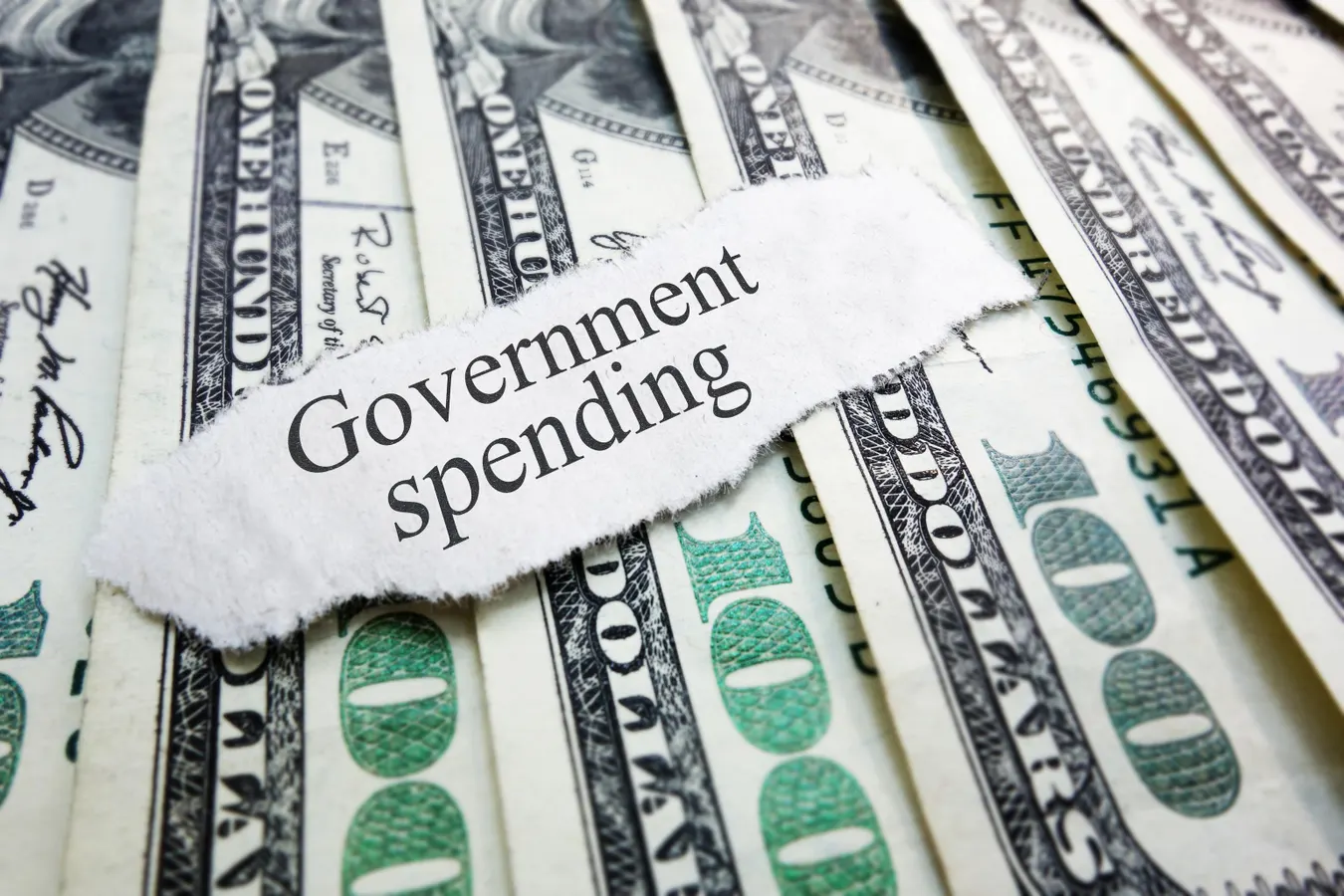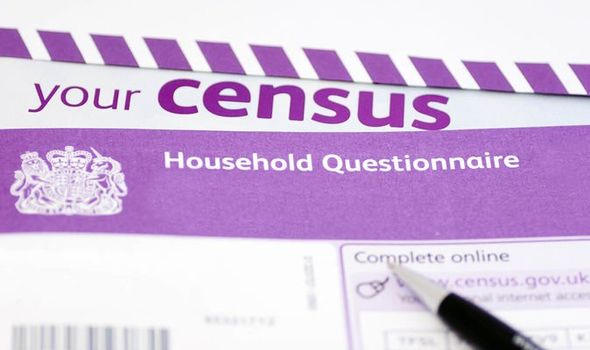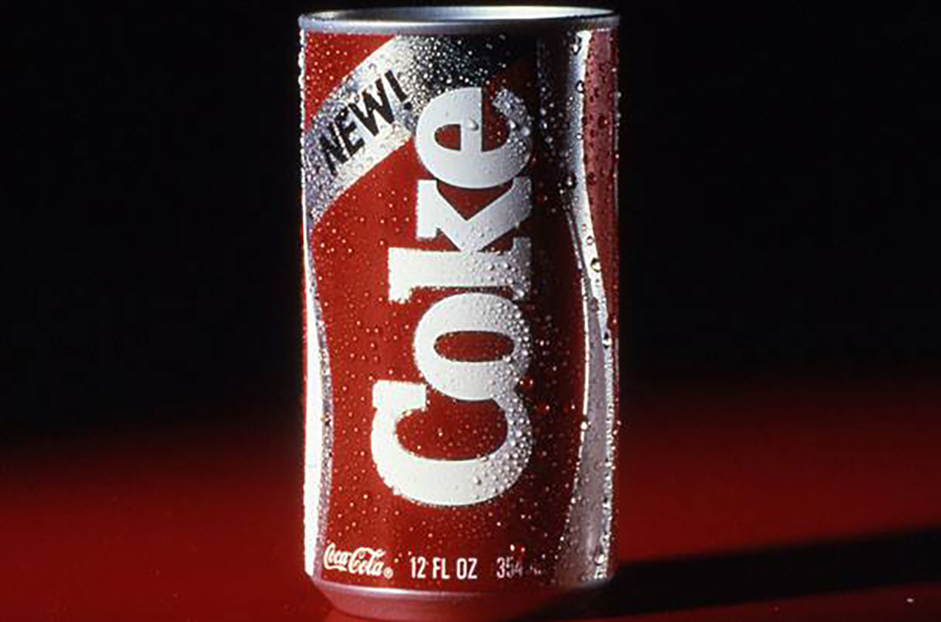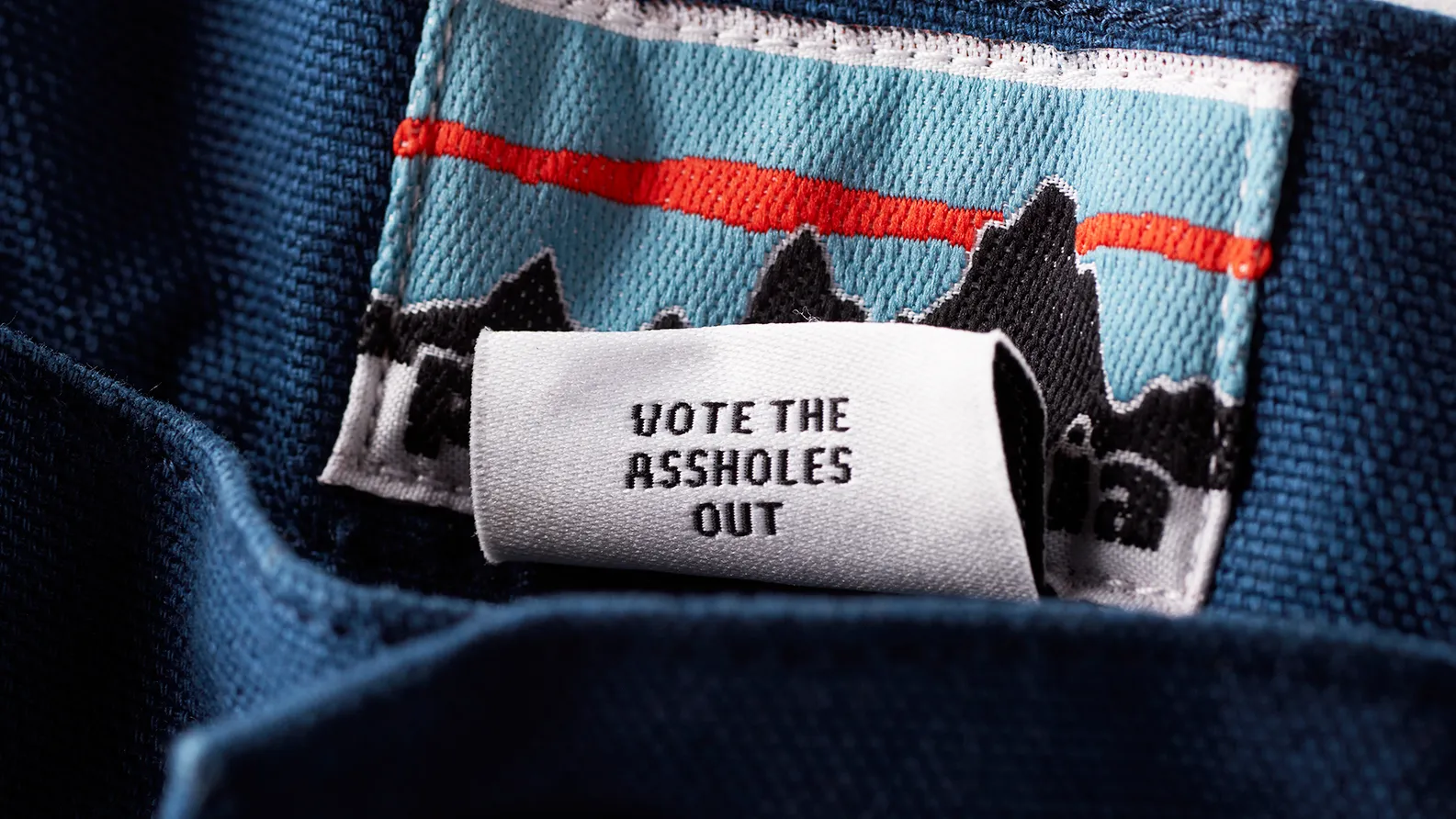Demographics are useful when used correctly, but they’re often too vague to be meaningful. A simple ethnic minority grouping misses key nuances in the political sphere, like the fact Chinese voters are significantly more likely than Bangladeshi voters to value low taxes.
Bad market research
Lazy thinking makes it hard to gauge public opinion.
60% of Americans think the government is spending too much. But what exactly is the government spending too much on? Not social security: 62% think the government spends too little on that, versus 7% who think it spends too much. Not Medicare (58% want more spending, 10% want less). Not healthcare (63% want more spending). Not education (65% want more). This is the danger of relying on general wording when the devil is in the detail.
The 2011 UK census showed that a whopping 58% of residents in England identified as English only. Skip forward a decade and this number plunged to 15%. Was this a significant decline in nationalism? No, a botched survey. In 2011 “English” was the first option and “British” was the fifth; in 2021 “Britain” came top of the list.
When asked in general terms, most people say that immigration is too high and the government is spending too much money. But the story is more nuanced when it relates to specific examples: the public actually wants more migrants who are highly skilled or in social work. We can’t expect to understand complex topics with generic prompts.
In 1985, thousands of blind taste tests showed that consumers preferred a new, sweeter formulation of Coca Cola. The company took this at face value, replacing the original Coca Cola with a new drink using the sweeter recipe. But the ensuing backlash to New Coke shows the limitations of objective thinking. Insiders forgot that, in the real world, people don’t consume drinks blindfolded. The data ignored the strength of the original Coca Cola brand.
A 2024 YouGov report claims that brand buying has become politicised, citing several examples of brands that appeal to different political leanings. But the crucial caveat is that this is based on attitudes not behaviours, and two are very different. Actual purchase data shows that liberals are only 3% more likely than conservatives to buy Ben and Jerry’s. And conservatives are actually 13% more likely to buy Patagonia, despite the brand’s close association with environmental causes.
The proportion of transgender people in the UK is largely a function of language. In the 2021 census, those who spoke English “not well” or “not well at all” were most likely to be counted as transgender: 2.2% of them, compared with 0.4% of those whose main language was English or Welsh: suggesting the questions were simply misunderstood.
If you ask consumers, there is almost nothing they apparently won’t pay more for. But in reality many of these add ons don’t change behaviour. Tip: don’t use a simple yes / no format in surveys. Instead ask consumers to trade off an offer versus something else.








